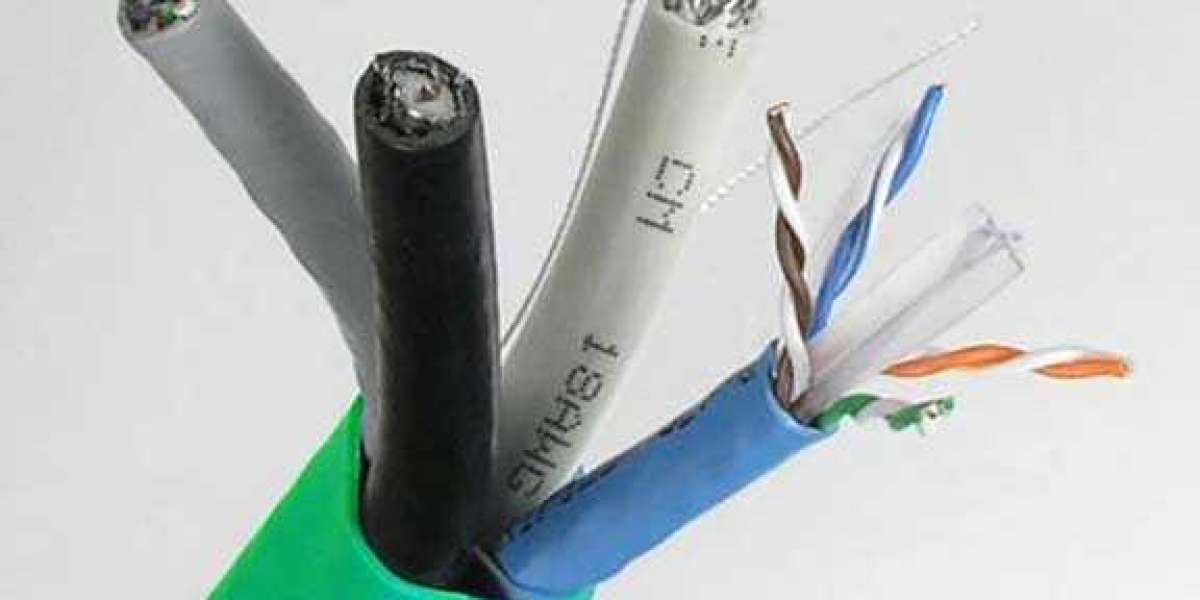In the rapidly evolving landscape of technology, where connectivity is the backbone of every operation, the importance of reliable network infrastructure cannot be overstated. Businesses, educational institutions, and homes alike depend on a robust network to facilitate communication, data transfer, and access to information. At the heart of this connectivity lies a crucial component—bulk network cables.
Understanding Bulk Network Cables:
Bulk network cables are the unsung heroes of our digital age. These cables form the physical pathways that enable the transmission of data between devices within a network. Whether you are setting up a small home office or managing a large enterprise network, the quality and reliability of your network cables play a pivotal role in ensuring smooth and uninterrupted communication.
Types of Bulk Network Cables:
Ethernet Cables:
- Cat5e: Ideal for basic networking needs with data transfer speeds up to 1000 Mbps.
- Cat6: Enhanced performance with higher data transfer speeds and reduced crosstalk.
- Cat6a: Suitable for high-performance applications with data transfer speeds up to 10 Gbps.
- Cat7 and Cat8: Designed for professional and enterprise-level networks with even higher data transfer speeds and improved shielding.
Fiber Optic Cables:
- Single-mode and Multi-mode: Offer high bandwidth and are essential for long-distance data transmission.
- OM1, OM2, OM3, OM4, and OM5: Classifications based on different data transmission speeds and distances.
Benefits of Using Bulk Network Cables:
Reliability: Bulk network cables provide a stable and reliable connection, reducing the chances of signal interference and data loss.
Performance: Higher-quality cables support faster data transfer speeds, ensuring that your network can handle the demands of modern applications and services.
Scalability: Whether you are expanding your network or upgrading existing infrastructure, bulk network cables provide a scalable solution to meet your growing connectivity needs.
Cost-Effectiveness: Purchasing cables in bulk often results in cost savings compared to buying individual cables. This is particularly advantageous for large-scale installations.
Future-Proofing: Investing in advanced cables, such as Cat6a or higher, ensures that your network infrastructure is capable of handling future technological advancements and increased data requirements.
Choosing the Right Bulk Network Cable:
When selecting bulk network cables, it's essential to consider factors such as the type of network, data transfer requirements, and environmental conditions. Additionally, adherence to industry standards and certifications is crucial to guaranteeing the quality and performance of the cables.
Conclusion
The backbone of a robust and efficient network is woven with high-quality bulk network cables. As technology continues to advance, the need for reliable connectivity becomes even more pronounced. Investing in the right bulk network cables not only ensures the seamless operation of your current network but also lays the foundation for future growth and innovation.








